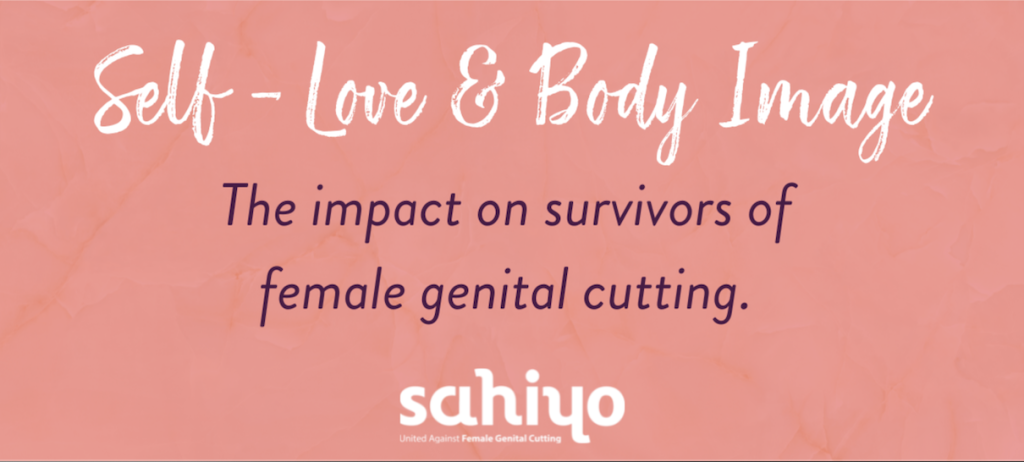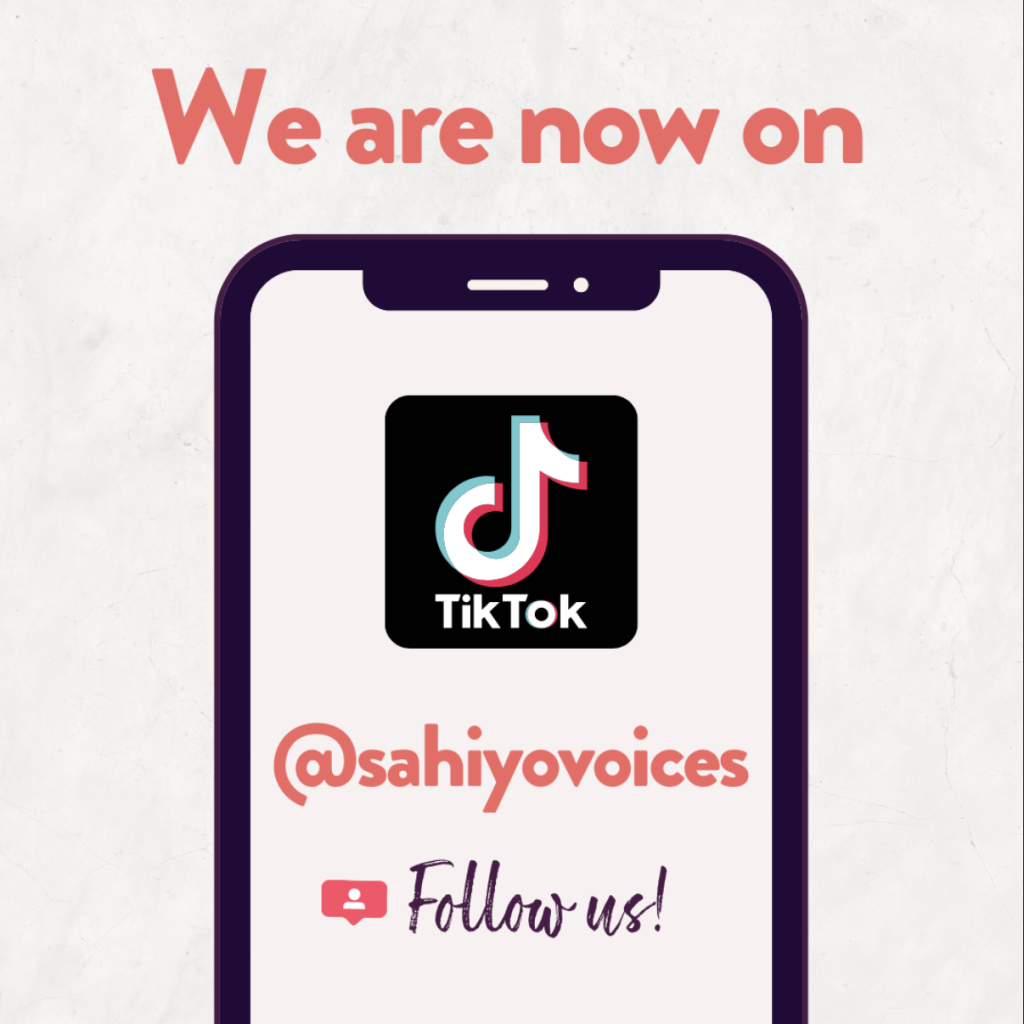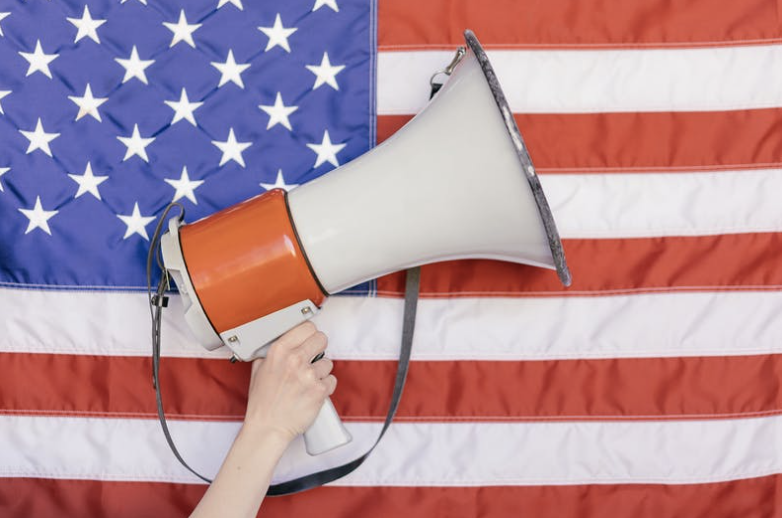Self-Love & Body Image

By Trisha Kini Body image, which is closely tied to mental health and general wellbeing, refers to the way one perceives their body and the positive, negative, and/or neutral feelings that arise from that perception. Whether it is in relation to skin, hair, or the shape/size of a body part, body image influences people in different ways. Oftentimes, body image has an impact on self-acceptance, self-love, and self-esteem (Canadian Mental Health Association, BC Division, 2015). Beauty standards, which can be shaped by society, our peers, friends, and family, are some of the largest driving factors for the expectations we see for body image today. The beauty standards we observe in films and media that are closely tied with ethnicity, race, body shape, and other features influence viewers to believe that those are the features a human should possess to be attractive and desirable. These expectations have changed over time with ever evolving movies, television shows, magazines, and social media. Today, these standards are often unrealistic, and cause many people to struggle with body image. Although struggling with one’s perception of their body may not be uncommon, it can be detrimental to one’s identity, growth, and mental health. In this blog post, we will explore how body image can impact survivors of female genital cutting (FGC), and provide resources on how to navigate conversations related to body image, self-love, and FGC. [youtube url=”https://www.youtube.com/watch?v=tEpJ20ArbTA&t=1s”] Lena describes her experience with FGM/C and the shame she felt FGC survivors can be impacted by body image It is imperative to acknowledge that survivors of FGC are impacted by body image in ways that non-survivors may not be able to relate to. Body image, and the negative feelings that arise, can also prevent survivors of FGC from seeking medical care due to stigmatization associated with female genitalia, as well as women’s and gender non-conforming, non-binary individuals’ bodies. This impact can deter survivors from enthusiastically seeking healthcare or trusting their health provider. Additionally, survivors of FGC may struggle with body image in a way that also impacts sexual activity. Centering survivors in conversations related to body image When talking with survivors about body image, it is important to center survivors in the conversation. Listening, and reflecting on their feelings with regard to their experiences with body image can allow more space for survivors to feel heard and validated. Keeping in mind that everyone’s relationship with their bodies differs based on their life experiences can be helpful when navigating conversations surrounding body image, self-love, and acceptance. Expressing your appreciation for their trust in sharing, and encouraging their growth and journey in understanding their relationship with themselves can also be validating and allow the person sharing to feel more comfortable with expressing their feelings. Learn more To learn more about seeking support and supporting survivors of FGC, we have included several resources below. We hope to elevate more conversations about self-love, and encourage our community to share these resources and talk more about the measures and steps you take to practice self-love, self-care, and body positivity. Resources on how to Support FGC Survivors: United Against Female Genital Cutting – Sahiyo Resources Sahiyo – United Against Female Genital Cutting – Survivor Support Resources Sahiyo – United Against Female Genital Cutting – FGC Survivor Support Line Voices to End FGM/C Website Non-Sahiyo Resources: Survivor Mental Health Support Group About FGC and Mental Health U.S. Network to End FGM/C Resources
Sahiyo is now on Tik Tok!

Tik Tok presents a new way to engage with an audience and educate others, which is why we are excited to bring Sahiyo to this platform! We will share valuable, inspiring, and educational content to raise awareness about female genital cutting (FGC), as well as uplift survivors’ stories, with the hopes of reaching many more people with potential for becoming supporters and advocating for our cause! Check out our first two videos about what FGC is and FGC in the United States. Follow and connect with us @sahiyovoices.
Reflecting on Sahiyo’s Healing as Activism Campaign

This past month, Sahiyo hosted a social media campaign, ‘Healing as Activism’, to honor the 16 Days of Activism to End Gender Based Violence. From November 25th to December 10th, we shared the stories of FGC survivors in their journey towards healing. We received 16 submissions from survivors located around the world, and they shared their journey in various formats, including videos and blogs. We also highlighted a recent Dear Maasi blog exploring the role of confronting the person who cut you. Overall, the goal of this campaign was to break the stigma around discussions of mental health that often impact survivors’ abilities to heal by amplifying stories of those who are on the journey towards healing. To learn more, follow us @SahiyoVoices across social media platforms! Read blogs from the Healing as Activism Campaign here.
FGC in the United States: How Americans can help end this practice

By Katie Geren Female genital cutting (FGC) is a global issue. It happens in many countries, including the United States, though that is not often common knowledge here. I learned about FGC for the first time in one of my college communication classes, and was surprised I had never heard of the practice before. I wanted to help those affected by it, but I felt unsure if I could have an impact on this issue. I was just one person, how could I help? I felt a heavy weight that day. When I found Sahiyo, I knew that ending FGC was important work that I wanted to contribute to. The community helped me realize that while I am just one person, there is a lot I can do to support other women. I felt determined to advocate for survivor’s rights. Yet, I was doubtful about my ability to cope with learning more about FGC. Once I started my internship with the Social Media team, I found the opposite to be true. I was empowered and inspired by the women at Sahiyo who had the courage to share their stories and uplift others. I think it is understandable that people have reservations about this topic; it can be uncomfortable. Even Americans who have heard about FGC may be unsure how to talk about it or how they can help end the practice. It has been proven that more education and knowledge shared about this practice leads to a greater chance of the FGC being prevented from continuing. Learning this, I wondered about how Americans can learn more about FGC and help organizations like Sahiyo to end it. Using social media to distribute information brings attention to FGC. Sharing accurate information, like the resources created by Sahiyo, helps to educate the public while prioritizing culturally sensitive and inclusive framing of the practice. Anti-FGC support from our leaders and healthcare professionals helps tremendously to change social norms and influence communities. As a Social Media intern at Sahiyo, a huge part of my work is helping with campaigns and posts. I have seen how dedicated volunteers, interns, and staff reach out to survivors and work to end FGC, and it is amazing to see survivors of FGC inspiring each other to share their stories. There is a real passion for women’s rights and community here. It is a step in the right direction when even a single person becomes educated on a topic. From my experience at Sahiyo, I am able to start conversations with friends and family about FGC and what I have learned about it. This organization is amazing because survivor’s voices are encouraged and uplifted through storytelling, connection with community, and support. There is emphasis on women being able to tell their story in their own words. Americans may think that FGC is only a problem that other cultures in other countries have. By reading and listening to stories, I have learned FGC is much more widespread than I realized. It happens on every continent people live except Antarctica. It has happened here in America as well. This practice continues worldwide because of a lack of sex education and equality for women. It is challenging to accept that aspects of cultures we belong to are harmful, but it is something we should consider no matter where we grew up. Instead of dividing us, this education can show us that there are improvements we can all make to work for equality and bodily autonomy for women. It can seem overwhelming, and at times impossible, to fight for women’s rights. Especially now, with the fight for abortion rights in America, many may feel locked in an endless battle. When we feel this way, community and support are more important than ever. It reminds us we are not alone, and that others feel this way too. Uniting with other women and allies right now is the best way to push for equality. I think it is important to educate ourselves on the issues first, and then figure out how we can all do our part. We can use tools we have, like social media, to spread information and remind each other we are in this together. It is not easy, but if we all do something small to help, we can create change.
